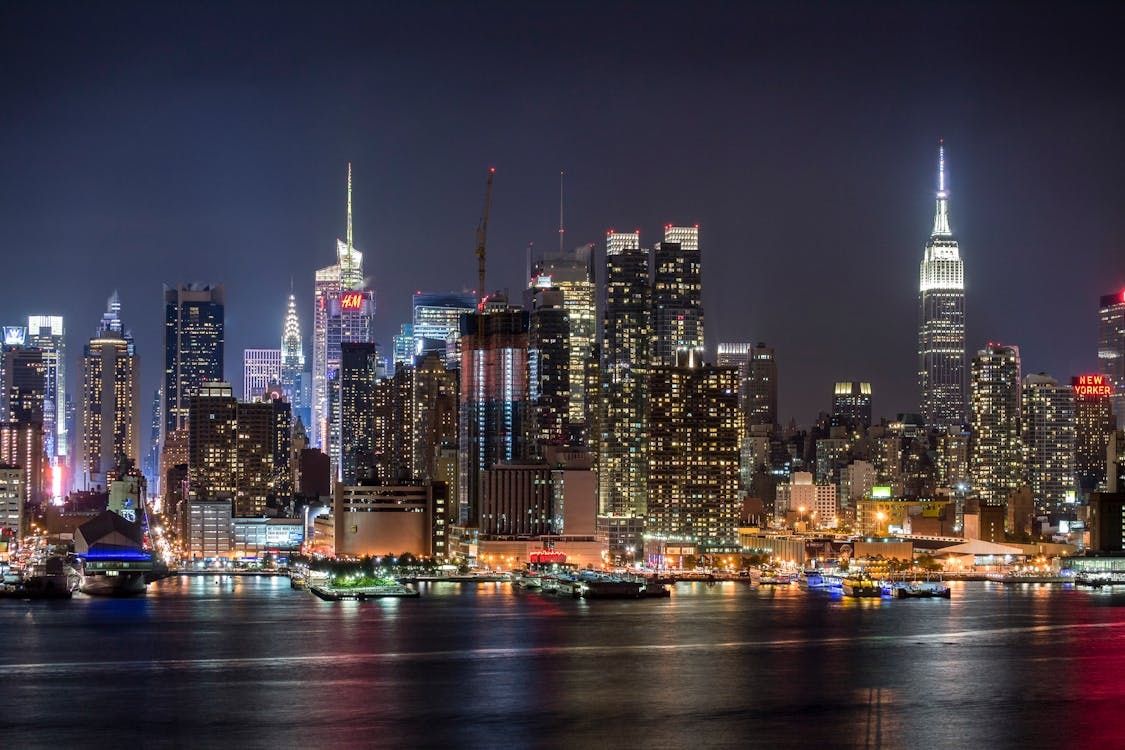- What age should kids start summer camp?
- Most kids begin camp between ages 6 and 9, but it depends on their emotional readiness and interest.
- How do camps handle homesickness?
- Staff are trained to support kids through homesickness using routines, encouragement, and age-appropriate strategies.
- Are New York camps safe?
- Although not required, a lot of reputable programs follow ACA accreditation standards and implement strong summer camp safety tips, including staff training, emergency planning, and secure facilities.
- Can my child attend camp with special needs?
- Yes. Many camps offer inclusive programming or are specifically designed to support children with special needs. Contact the camp directly to ask about accommodations.
- How much do summer camps in New York cost?
- Costs vary from around $500 per week for day camps to $2,000–$5,000 per session for sleepaway programs. Financial aid and scholarships may be available.
- Can I stay in touch with my child during camp?
- Most overnight camps allow letter writing or limited email. Phone calls are often restricted to help campers fully unplug and adjust.
